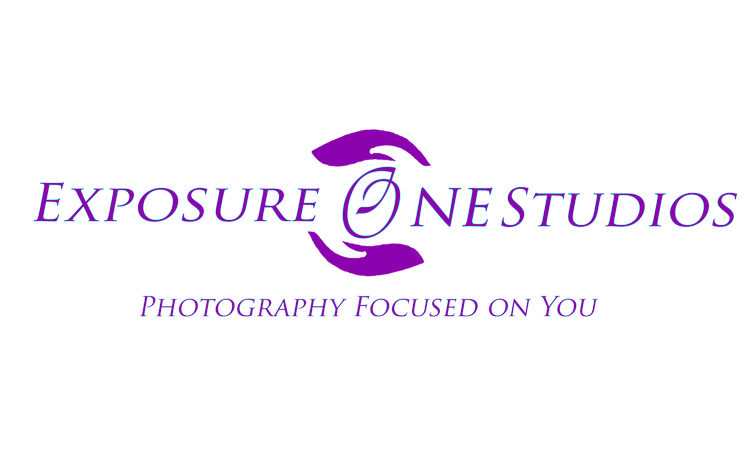So my last post was photography and theft, because it happens every day to every level photographer and hobbyist out there. With the internet and social media it is a growing issue and occurrence that we creatives just have to deal with. But if you are like me maybe you think it is time to educate the masses and point out their wrongs - also I like to protect my clients and if you don't have a signed model release then you shouldn't be using that photo.
I have seen my images taken by every day people and large companies who try and use them for a profit. The culture of "something for nothing" seems to be growing and photography is being undervalued large scale everyday though routinely a single person sees more than 10,000 images a day making visual imagery the most singular compelling form of marketing. Yes, people want to see photos! That is why they invest so much effort into taking them without considering whom they take them from.
So photographers know your rights, but know your clients rights too! I value protecting my clients image as much as my own. Be ready to fight for those rights, defend them, and bring them into the spot light. Sometimes you have to be the bad guy to do what is right for you, your business and your clients.
All images are copyrighted by the creator for photography this starts the minute the photographer presses the shutter button. The photographer is the only person who can give up that copyright, even if the image contains your likeness or your facility you do not own the right, can not use the image however you would want to.
** Pro tip: Common courtsey says to always credit the photographer and always ask their permission- want to avoid problems get permission! **
It doesn't matter how large the business it is illegal for them to take an image they do not own even if someone else commissioned and paid for it and said it was ok. Many photographers world wide have come across this problem and laws have been created that protect them.
“In general, when the shutter is released, the photographer who pressed the button owns the copyright. An exception is when the image falls into the “work-made-for-hire”(also known as “work for hire”) category. A work-made-for-hire relationship is created in two situations: (1) the photographer is an employee hired to take photographs for the employer—an example would be a photojournalist who is an employee of a newspaper but not a wedding or portrait photographer who is hired for one event; or (2) the photographer is hired to provide photographs for collective works or compilations and signs a written agreement that specifically states that the work is to be considered a work made for hire. Therefore, freelance photographers are subjected to work-for-hire status only when they agree to it contractually.
(a)In General.—Any person who violates section 1201 or 1202 willfully and for purposes of commercial advantage or private financial gain—(1)
shall be fined not more than $500,000 or imprisoned for not more than 5 years, or both, for the first offense; and
(2)
shall be fined not more than $1,000,000 or imprisoned for not more than 10 years, or both, for any subsequent offense.
”
Above is a break down of US law with is U.S. Copyright Act at 17 U.S.C. 106 for those wondering specifically as well as penalties for breaking the law.
** Another pro-tip: always keep copies of everything. Document like it is your job! **
For me as a photographer being nice is over, I have actively begun calling out those in the wrong because if I am not willing to take a stand for my work than no one else will either.
To those out there who use photographs in their social media, businesses, and for whatever else respect the artist and purchase, obtain proper releases and do it legally not only will the artist thank you but so will others!

